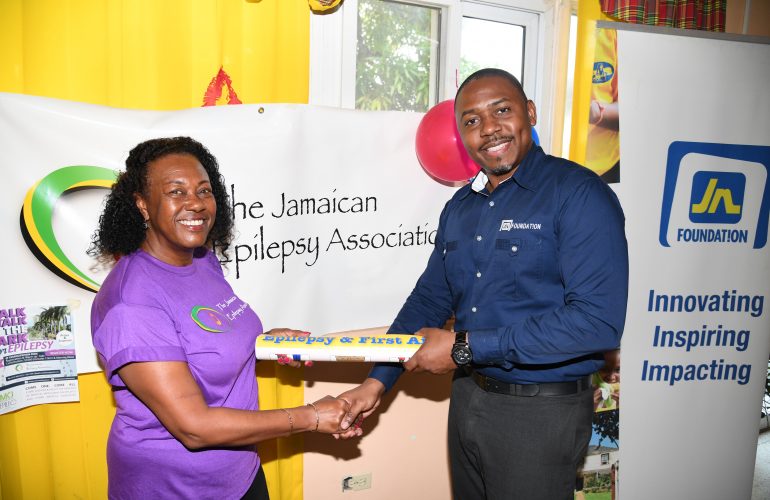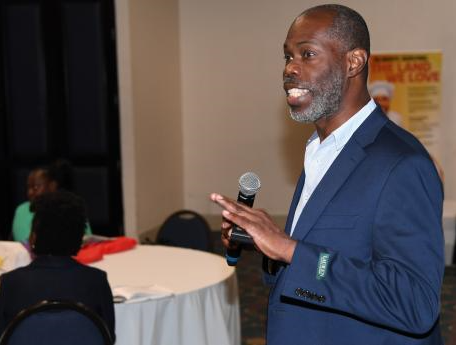Loans for Christmas: Here’s what you should know
The Christmas season is here and some Jamaicans may want to enjoy a more ‘bountiful’ season than they can afford.
Some persons may be tempted to borrow money to buy gifts for those near and dear. Others may want to take out loans to purchase hams, stock up on sorrel and other food and drink or decorate their homes with lights and new appliances.
A survey of local lending houses to find out the costs attached to securing a Christmas showcase revealed that what are essentially personal loans might be rebranded as Christmas loans as the season begins.
Commercial banks and micro financiers have been rolling out loans that consumers can use for their personal needs. All loan sources canvassed for the details of their Christmas loans declined to share their rates.
However, Jamaica National chief of retail sales at JN Bank, Steve Distant explained, “JN Bank provides loans to assist our members to meet their personal goals on an ongoing basis. These loans are purpose-driven and are not categorised by social events.”
He added, “through the BeWise financial empowerment programme executed by the JN Foundation, we provide our members with information to assist them with developing their financial acumen and managing their expenses carefully.”
The consumer watchdog, the Consumer Affairs Commission (CAC) says in an online report that currently, many advertisements are offering same-day loans, pay-day loans and quick loans.
It warns, however, “as a consumer, you need to be cautious in responding to these offers, especially during the Christmas season when they may seem even more attractive, but not everything that glitters is gold. “
The CAC stated, “Many of these “deals” are often unrealistic and are being offered by predatory loan companies, which, are not regulated.”
The consumer body asserted that many lenders at this time of year practice over-lending to customers and sometimes impose excessive fees and onerous contract terms which once signed to, the consumer has to honour because it is a private contract.
The most common of these is the requirement to pay a non-refundable processing fee. The loan application is frequently denied, as it is often used by unscrupulous lenders as a means of accumulating funds.
In instances where the loan is approved, consumers are faced with high loan repayments that are burdensome and some are not able to repay.
“As such,” the CAC noted,” consumers find themselves in a bind when they are unable to make loan payments, and some may even go to other lenders — formal and informal — to get a new loan to repay the old one while accumulating more debt.”
If you are seeking a loan for the Christmas season this year, try to approach reputable organisations like banks and credit unions, the CAC advised.
Before you do so: consider the purpose of the loan; review the terms and conditions of the loan -including interest (add-on- versus reducing balance) and processing fees; the period for repayment; and other non-interest related charges, the CAC added.
“Remember, Christmas is only one day of the year. We want you to enjoy the season. However, be mindful that after Christmas, all the other bills will have to be paid (rent, utilities, transportation, food as well as sending the children back to school),” the consumer watchdog warned.
Think carefully before assigning your hard-earned cash to loan payments Christmas loans that will follow you all year long. It’s better to budget and save towards the extra spending that the season usually demands.













